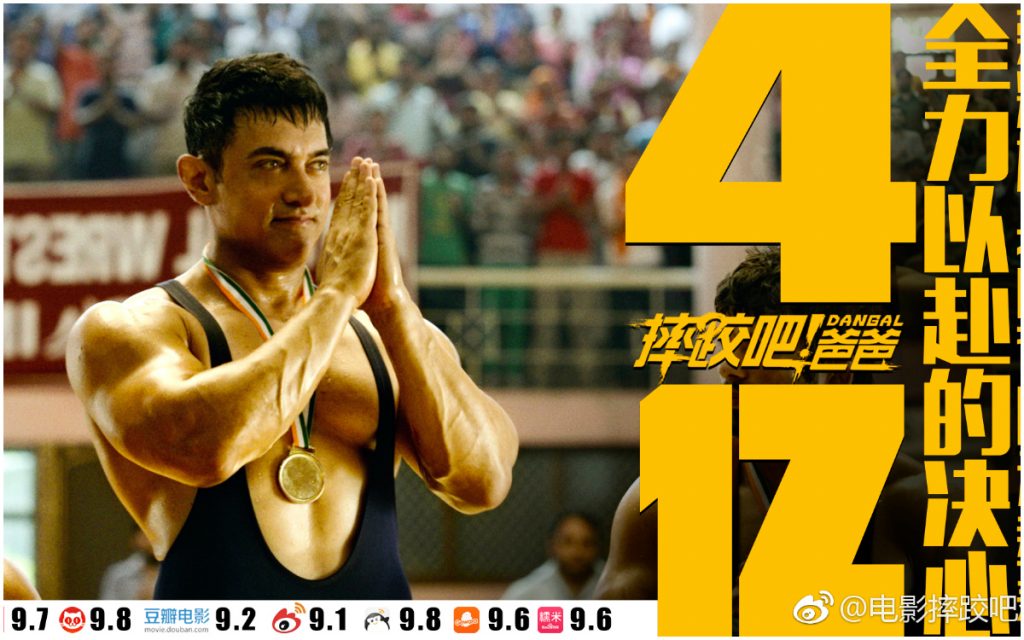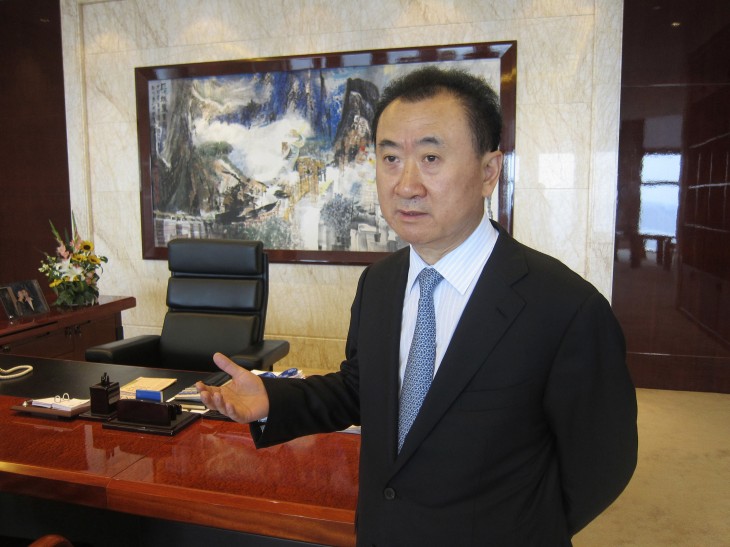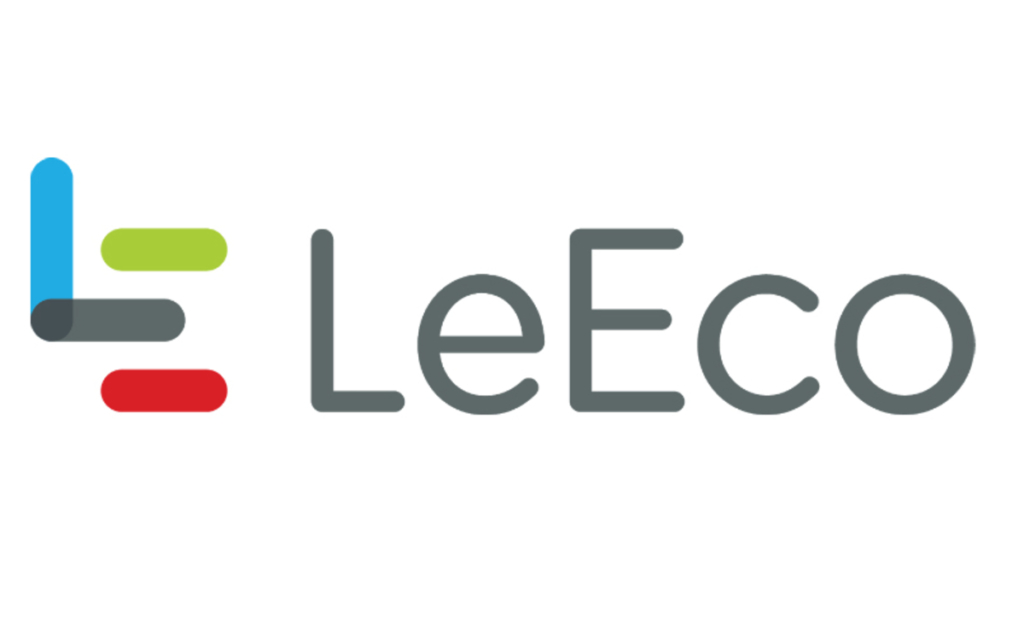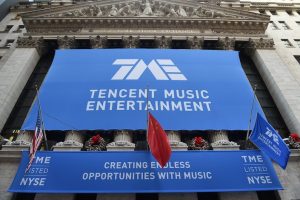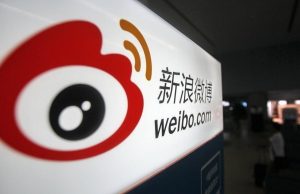Welcome to China Film Insider‘s weekly roundup of China M&A and financial news.
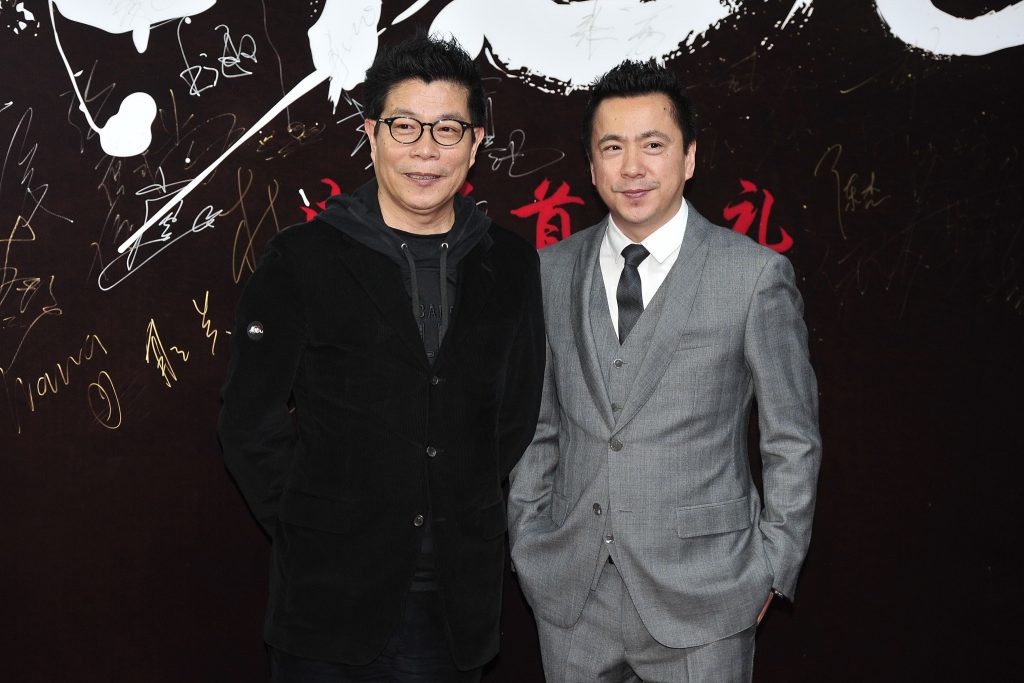
Photo: VCG
Huayi Brothers files earnings preview for the first half of 2017
Huayi Brothers Media Corp, one of China’s largest film studios, reported a striking profit jump of 30 to 60 percent year-on-year in its earnings prediction for the period between January and June 2017, according to the company filing to the Shenzhen Stock Exchange on Wednesday.
The film studio’s financial department predicts that net profits for the first half of this year belonging to the company’s shareholders will range from 393.6 million yuan ($58.1 million) to 484.4 million yuan ($71.5 million).
Huayi Brothers attributes its strong performance to the distribution of the Indian film “Dangal” in China. The film racked up nearly RMB 1.3 billion ($192 million) in two months in China, one of the best-performed films released in China this year.
Two weeks before the earnings preview, Huayi Brothers invested 78.9 million yuan ($11.6 million) into Guangdong-based Dadi Cinema, China’s forth biggest cinema chain operator.
Paramount’s moneyman Huahua sold to a Chinese media company
Shanghai Huahua, the Chinese film distributor that pledged to pour $1 billion into Paramount earlier this year, was sold to China’s Oriental Times Media Company for just $41.2 million, raising concerns that Huahua may not be able to materialize the Paramount deal.
Southern-China-based Oriental Times Media Company announced it will acquire a controlling 51 percent stake in Huahua for $41.2 million in cash, per the company’s filing with the Shenzhen Stock Exchange on Monday. Oriental Times Media, which started as a precision instrument manufacturer in 1989, expanded into the film industry two years ago with the stated aim of promoting “oriental culture and Chinese spirit.”
This January, Huahua struck a high-profile deal with Paramount to co-finance 25-30 percent of each film on Paramount’s slate for at least three years. Founded in 2014, Huahua has been Paramount’s local distribution partner over the past three years, and included distribution of the film “Transformers: Age of Extinction” in China in 2014. The film grossed $292 million in China.
But being incorporated into a public company means that Huahua will be more closely scrutinized by investors and regulators. Huahua’s recent financials were revealed in Oriental Times’ filling on Tuesday — Huahua’s 2016 revenue only reached 132 million yuan ($19.5 million) and its liquid assets totaled 479 million yuan ($70.8 million) as of the end of March. The distributor never explained how it could manage to raise $1 billion to fulfill the terms of the deal.
Vizio sues LeEco over failed acquisition
Vizio Inc., the producer of affordable flat-screen TVs, filed two separate lawsuits against China’s cash-trapped internet and entertainment conglomerate LeEco on Wednesday, seeking a total of $110 million in damages. Vizio contends that LeEco made false financial statements when it proposed the $2 billion acquisition.
One of the lawsuits was filed in federal court against Beijing-based LeEco, and the other was filed in state court in California against LeEco’s California subsidiary, Le Technology.
LeEco announced the plan to acquire a 100-percent stake in Vizio for $2 billion in July 2016. Nine months later, the deal collapsed and the two companies jointly stated that the failure was due to “regulatory headwinds.”
According to the court filing, Vizio accuses LeEco and its various subsidiaries of “concocting a secret plan” by failing to disclose its cash-crunch-related information which LeEco knew clearly during the months of negotiations, in order to leverage its announced acquisition to “gain or try to obtain access to Vizio’s large corporate customers and key decision makers.”
After the acquisition fell through, LeEco proposed to start a new joint venture to help Vizio sell products in China, to put off the $100 million termination fee that should be paid to Vizio. But again, that joint venture was never realized, and Vizio said its efforts to negotiate was met with “practical radio silence” from LeEco.
Wanda sold its theme park business to Sunac China
Dalian Wanda Group announced last Monday it would sell 76 hotels to Sunac China for 33.6 billion yuan ($5 billion) as well as a 91-percent stake in its tourism projects in China for 29.6 billion yuan ($4.4 billion).
Billionaire Wang Jianlin, the chairman of Wanda Group, boasted last year, after Disney officially launched the Shanghai Disney Resort, that Wanda’s China theme parks will make Disney barely profitable in 20 years. While Shanghai Disney is going to break Wang’s curse and break even by the end of this year, Wang himself retreated from the theme park business, in a bid to cut Wanda’s debts and change to an “asset-light” business model.
In January, Sunac China, the fast-expanding property giant, also acquired a major stake in LeEco Vision pictures, the film arm of troubled LeEco. S&P estimates the Wanda deal will bring Sunac’s spending on land purchases, M&A activities and other investments since this January to 120 billion yuan ($17.7 billion). Moody’s and Fitch Ratings later downgraded Sunac’s outlook from stable to negative.


